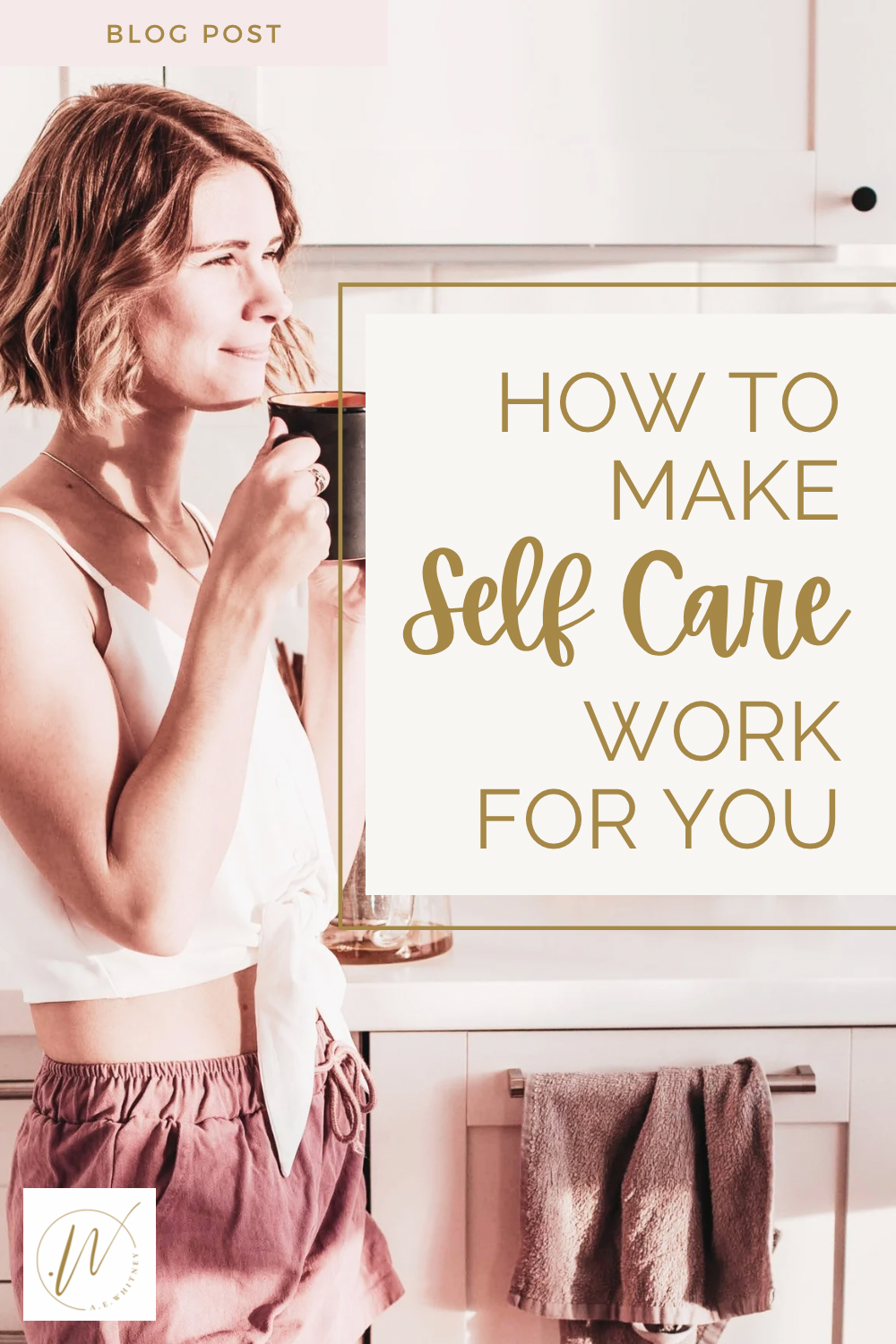How to Make Self Care Work for You
Self-care has become a buzzword — bubble baths, face masks, a quick glass of wine at the end of a long day. But if you’ve tried those things and still feel depleted, you’re not alone. Most people approach self-care like an emergency repair shop: wait until everything breaks down, then scramble to fix it. The problem? By then, you’re already running on empty.
Real self-care isn’t about repair — it’s about rhythm. It’s a steady practice that keeps your whole self — mind, body, heart, and energy — in balance so you don’t hit burnout in the first place.
The Problem: Why Most Self-Care Fails
Think about the last time you felt exhausted or overwhelmed. Did you try to fix it all at once?
- A new diet.
- A 30-day fitness challenge.
- Meditation every day at 5 a.m. (until you inevitably quit).
This “all-or-nothing” mindset doesn’t work because it treats care as a performance — something to prove, instead of something to sustain. Your nervous system can’t regulate under pressure, and your subconscious resists habits that feel like punishment.
Science says: Chronic stress physically changes brain structure and weakens your immune system. But consistent, low-effort practices can reverse that damage over time.
The Shift: From Repair to Rhythm
Instead of waiting until you’re drained, think of self-care like brushing your teeth. It’s small, consistent, and preventative. You don’t brush once a month for two hours — you brush every day for two minutes.
Holistic self-care works the same way: steady, easy actions that support all four parts of you:
- Mind → clarity + focus.
- Body → nourishment + rest.
- Soul (emotions) → processing + compassion.
- Spirit (subconscious) → meaning + alignment.
When these parts are supported regularly, you don’t spiral as quickly. Stress still happens, but you recover faster.
Practical Fix: One Tiny Habit at a Time
The key isn’t doing more — it’s doing less, better.
1.) Pick one part of yourself that feels neglected.
Example: If your body feels depleted, focus on sleep or hydration first.
2.) Choose a habit so small it feels almost too easy.
Example: Drink one glass of water first thing in the morning.
3.) Anchor it to something you already do.
Example: Drink that water right after brushing your teeth.
Over time, these micro-habits build resilience — like tiny deposits into your energy bank.
The Takeaway
Self-care doesn’t fail because you’re lazy or broken. It fails because the way we’ve been taught to approach it is backwards.
Stop waiting until you’re empty.
Stop pressuring yourself to do it perfectly.
Start small, start steady, and let your care become a rhythm — not a rescue mission.
_____
There’s More Where This Came From
If this post sparked something for you, Holism School goes deeper. It’s a read-only course for women who want to feel better — without the woo, pressure to manifest, hustle, or become someone new. [Explore Holism School]
⚠️ Please Note: This content is for educational purposes only and should not be used as a substitute for therapy, medical advice, or legal support.


